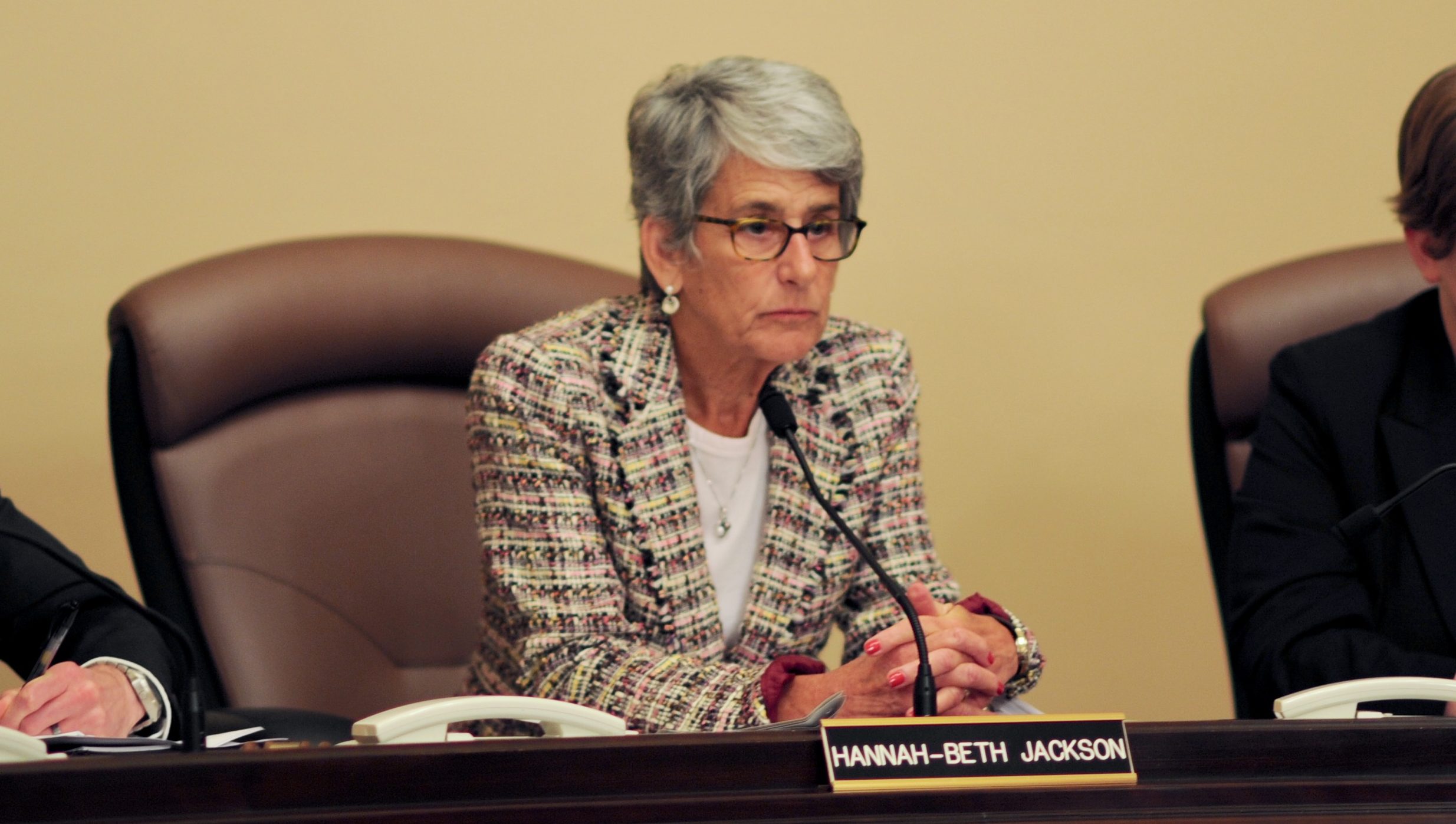
Greg Wallis. (Photo: Greg Wallis for Assembly)
New Bill Would Give Up to $750 Tax Credits for Pet Adoption Continues To Await Assembly Hearing
AB 691 would give up to $250 for pet adoption costs, $500 for first year medical expenses
By Evan Symon, April 17, 2025 7:39 pm
A new bill that would give Californians up to $750 worth of tax credits to cover pet adoption fees from a shelter, plus first year of ownership medical expenses, continues to await being heard in a committee this week.
Assembly Bill 691, authored by Assemblyman Greg Wallis (R-Rancho Mirage) would allow a credit against the taxes imposed by that law for the qualified pet adoption costs not to exceed $250, and the qualified pet medical expenses, not to exceed $500, paid or incurred during the taxable year. AB 691 would also prohibit a claim for qualified pet adoption costs and medical expenses for more than one qualified pet during the life of the taxpayer. The bill would also cover the tax years of pet adoption for between on or after January 1, 2025, and before January 1, 2030.
Assemblyman Wallis wrote the bill to help ease overcrowding in shelters by incentivizing adoption, incentivize making more shelters no-kill shelters, help stop returns of adopted pets to shelters in the first year because of medical costs, and remove one of the main barriers to pet adoption: the high costs associated with them.
“It’s really cost-prohibitive, so we wanted to try and figure out a way where we could incentivize more people to bring our furry friends into their loving homes,” said Wallis of the bill. “There’s been efforts underway to make all shelters, no-kill shelters in the state of California, and when we dug more into that idea and the feasibility of it, it’s really something that hasn’t been fully worked out and fully vetted yet. And so we wanted to try and come up with something that was a little bit more immediate, that could help people right away.
“When these animals end up in our shelters and our shelters are so underfunded in the state, they don’t necessarily have the ability to go in there and find every possible health care issue that animal can have. Unforeseen veterinarian costs often lead to people returning animals to shelters. I hope offering the additional tax credit will help people keep their pets.
“The state’s budget will be clearer after Governor Newsom’s May budget revision. A lot of members of the state legislature, at least in my house, the Assembly, are big fans of trying to get these pets out of shelters into homes where they can thrive and be a part of a loving family.”
An animal adoption tax credit bill
Support for the bill has remained high, with many animal shelters and animal welfare groups saying that while they hoped for a bill that would have gone further, AB 691 was still a good first step.
“One of the most significant barriers to fostering and adoption is the financial burden associated with adoption fees, vaccinations, spaying and neutering, and other essential expenses,” explained Vice Chairman of the Coachella Valley Animal Campus Commission Steve Sanchez. “Understanding the importance of making pet care more accessible, Assemblymember Wallis and I collaborated on a proposal for a State Tax Credit aimed at alleviating some of these costs for those who open their homes to animals in need.
“While we acknowledge that there is still much work to be done to prevent the euthanasia of animals in our county shelters, this initiative is a meaningful step in the right direction. It is my hope that this legislation will have a lasting, positive impact and inspire other lawmakers to introduce policies that further support the well-being of animals in shelters across California.”
However, some have pointed out that the bills language could be open towards loopholes. In particular, the definition of a qualified animal rescue organization as a “public animal control agency or shelter, humane society shelter, or nonprofit rescue group that is exempt from federal income taxation pursuant to Section 501(c)(3) of the Internal Revenue Code that is domiciled in this state and primarily engaged in rescuing and placing animals in permanent homes” and a qualified pet as a “dog, cat, or other companion animal adopted from a qualified animal rescue organization that is not used by the taxpayer in a trade or business or for the production of income” leaves room for interpretation. In particular this means that animals like ferrets that currently are in a gray area of legality in California (being illegal to own unless with a permit) but are cared for in some shelters could be adopted out with a tax credit as the definition of a qualified pet doesn’t exclude them.
Despite this and support remaining high, AB 691 has yet to be heard from in a committee thanks to the bill being amended and then, earlier this month, having the bill being pulled from a Committee hearing by Wallis. Nonetheless, AB 691 is expected to be heard soon in the Assembly Revenue and Taxation Committee.
- Bill to Require Law Enforcement Disclosure if AI Was Used To Help Write Reports - August 7, 2025
- Gov. Newsom Files FOIA Request To ‘Expose True Cost’ Of L.A. Federal Troop Deployment for Anti-ICE Riots - August 6, 2025
- California Redistricting: How Newsom’s Plan Will Demolish Hard Fought GOP Gains - August 6, 2025





The bill should exclude dog breeds with a history of injuring or killing humans, such as Pitbulls. There is no place for these dangerous dogs in a civilized society. Why pay for someone to be permanently injured or killed?
I usually agree with your postings, but this one is the exception…
We owned a pit mix and I’ve been around NUMEROUS “pit bulls” aka Staffordshire Terriers and if they are RAISED properly, they are sweet, loving creatures, and not inherently “dangerous” – if mis-trained or mis-treated they CAN become dangerous, but a blanket condemnation of the breed is inappropriate and short-sighted….
I respect helping animals great and small but right up front, if it means slicing up the pet’s reproductive organs, then all tumor excision and euthanization procedures should be at no cost to the owner.